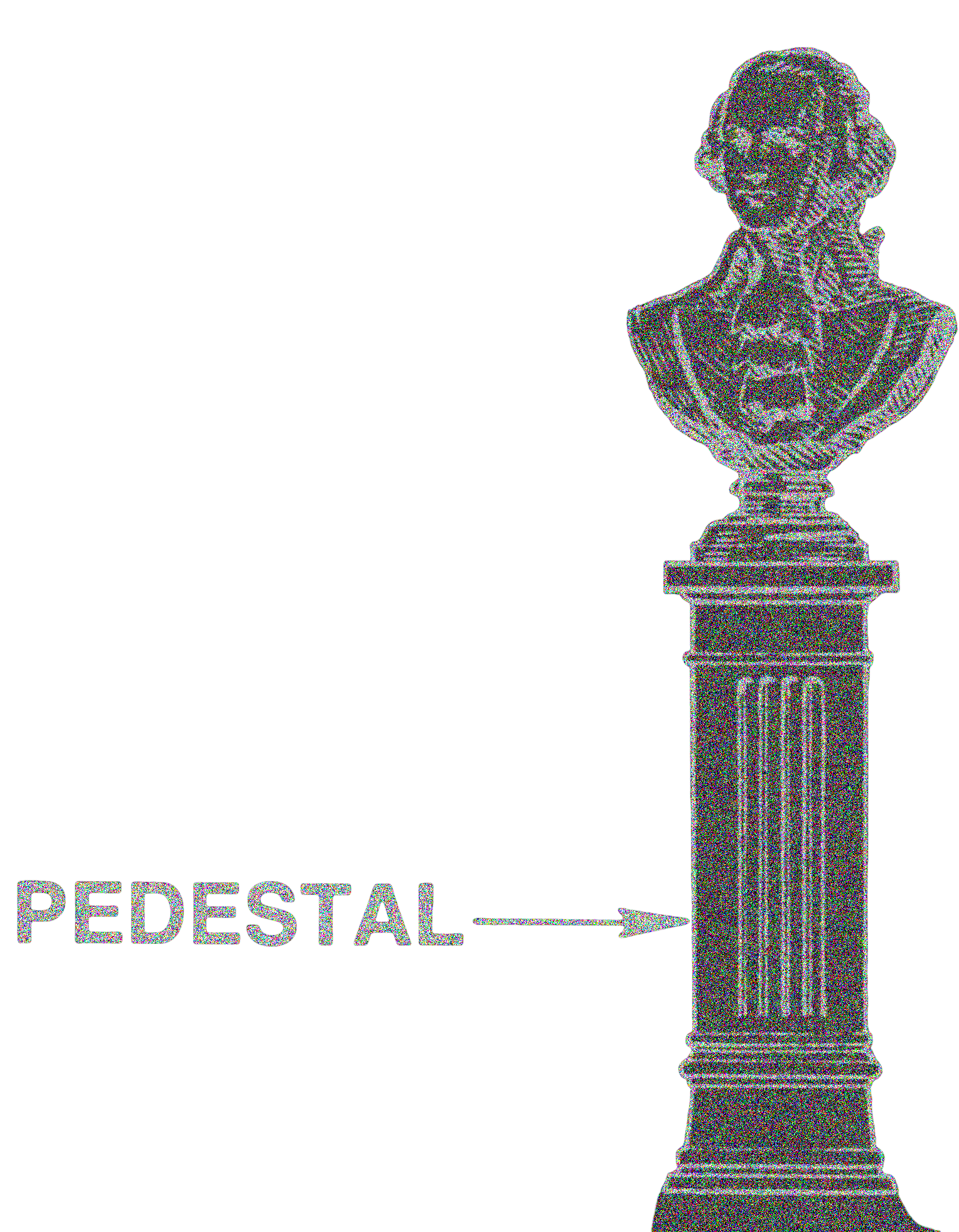Have you ever put someone on a pedestal? Perhaps it was a celebrity, a leader, a mentor, or even a new romantic partner. It's not uncommon to admire and hold someone in high esteem, but have you considered the consequences of doing so?
Putting someone on a pedestal means creating an idealized version of them in our minds, often based on limited information or superficial traits. We may project onto them our own hopes, desires, and expectations, without considering their individuality or humanity. This can be problematic for several reasons.
Firstly, people are imperfect beings with flaws and complexities that may not be immediately apparent. When we put someone on a pedestal, we overlook these aspects of their character, and instead, focus on the image we have constructed in our minds. This can lead to disappointment, frustration, and even resentment when our expectations aren't met.
Secondly, putting someone on a pedestal can be overwhelming for them, especially in new relationships. The pressure to fulfill unrealistic expectations can be exhausting and may cause the person to feel like they are constantly falling short. It's essential to remember that our partners, like ourselves, are only human and don't have superpowers. Compliments are great, but creating false perspectives of them can lead to problems down the road.
Lastly, when we put people on a pedestal, we create a power dynamic that can be harmful to both parties. The person on the pedestal may feel like they need to maintain their idealized image, leading to feelings of anxiety or self-doubt. Meanwhile, the person doing the pedestalizing may feel like they have little agency in the relationship, leading to resentment or feelings of inadequacy.
In his book "Moral letters to Lucilius," philosopher Seneca warns against the dangers of putting people on pedestals. He writes, "None of those who have been raised to a loftier height by riches and honours is really great. Why then does he seem great to you? It is because you are measuring the pedestal along with the man. A dwarf is not tall, though he stands upon a mountain-top; a colossal statue will still be tall, though you place it in a well."
Seneca encourages us to look beyond the trappings of wealth, status, or even physical appearance, and instead focus on a person's soul. What are their values, beliefs, and character? Are they truly great, or are we just projecting our own ideals onto them?
In conclusion, putting people on pedestals can have negative consequences for both parties involved. It's essential to remember that everyone is human and imperfect, and no one can live up to an idealized image. Instead, let's focus on getting to know people for who they truly are, flaws and all. As Seneca reminds us, "Consider his soul, its quality and its stature, and thus learn whether its greatness is borrowed or its own."
So in summary then:
Putting people on pedestals and projecting unrealistic expectations onto them can be dangerous and lead to disappointment and resentment.
When we idealize others, we create a false perspective of them and forget that they are human beings with flaws and baggage.
This can be especially true in new relationships, where we may be overcome with excitement and new relationship energy.
It's important to remember that everyone has imperfections and that no one is perfect, including ourselves.
By valuing people for who they truly are, rather than the trappings of success or societal status, we can gain a better understanding of their true worth.
In the words of Seneca, we should "look at [a person] when he is naked," without the "deceptions of fortune," in order to see their true value.
